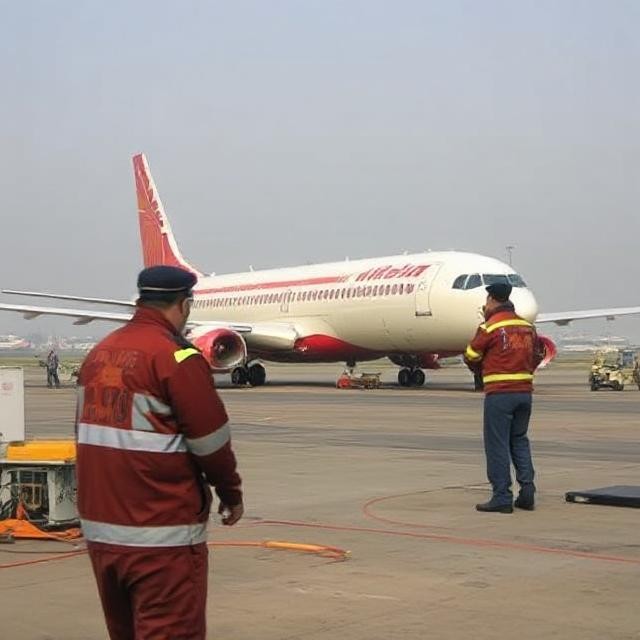New Delhi – Investigators probing the recent Air India crash incident have ruled out any mechanical malfunction as a contributing factor, instead shifting their focus to cockpit communication between the pilots in the final moments before the crash. According to preliminary findings, the investigation has found no signs of technical or system failure, placing the spotlight squarely on human factors and procedural adherence.
The Directorate General of Civil Aviation (DGCA), which is leading the inquiry, is now analyzing the cockpit voice recorder (CVR) and flight data recorder (FDR) to closely examine verbal exchanges, coordination patterns, and decision-making by the flight crew.
“All systems were functioning normally,” said a senior DGCA official. “We are reviewing standard operating procedures (SOPs), crew resource management, and how cockpit duties were shared and executed.”
Pilot Conduct Under Scrutiny
As the focus shifts to pilot behavior and cockpit protocols, India’s main pilots’ union—the Indian Commercial Pilots’ Association (ICPA)—has expressed concerns over public speculation and media leaks surrounding the investigation. The body emphasized the importance of allowing due process and called for transparent yet confidential handling of sensitive data.
“Speculative narratives undermine pilot morale and public trust. We urge authorities to maintain procedural integrity,” an ICPA spokesperson stated.
Mechanical Fault Ruled Out
A detailed inspection of the aircraft wreckage and onboard systems found no signs of technical failure, ruling out the possibility that the crash was caused by a mechanical or electrical defect. This shifts the focus squarely to the human-machine interface and situational awareness of the crew.
Experts believe that decisions taken during a critical phase of flight—possibly under time or environmental pressure—may have played a decisive role in the outcome.
Aviation Experts Stress CRM and Training
Aviation safety analysts stress the importance of crew resource management (CRM), which ensures effective communication, leadership, and decision-making in the cockpit. The ongoing probe may lead to revised training protocols or updated SOPs for cockpit crews across Indian carriers.

